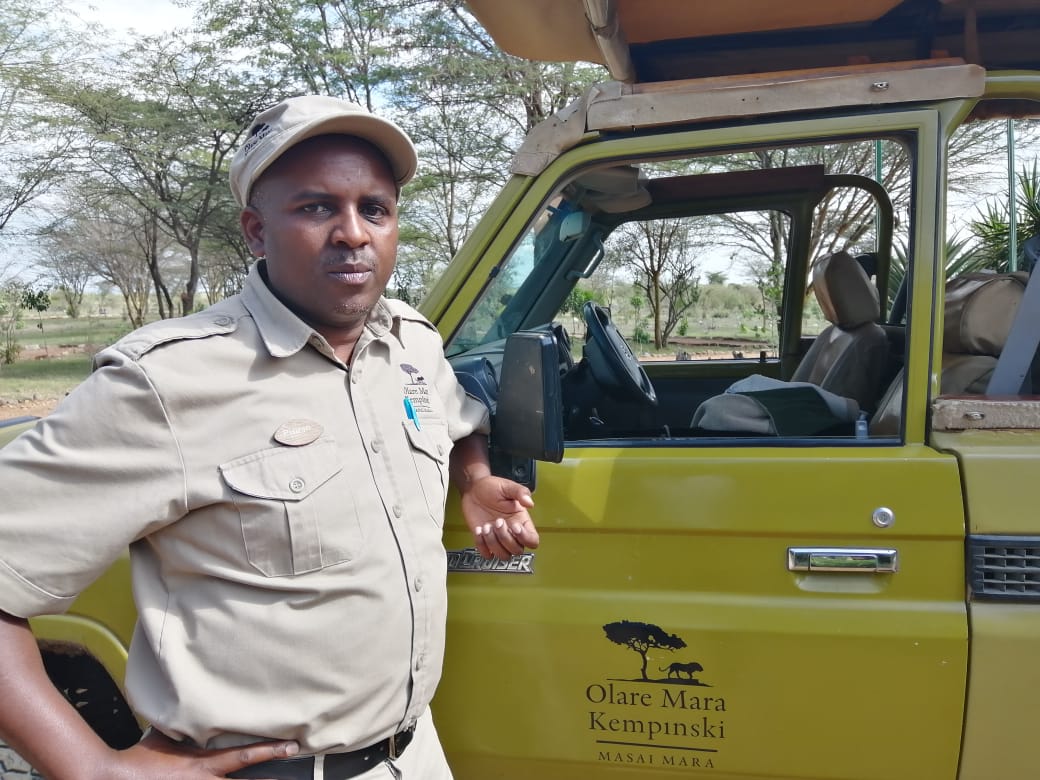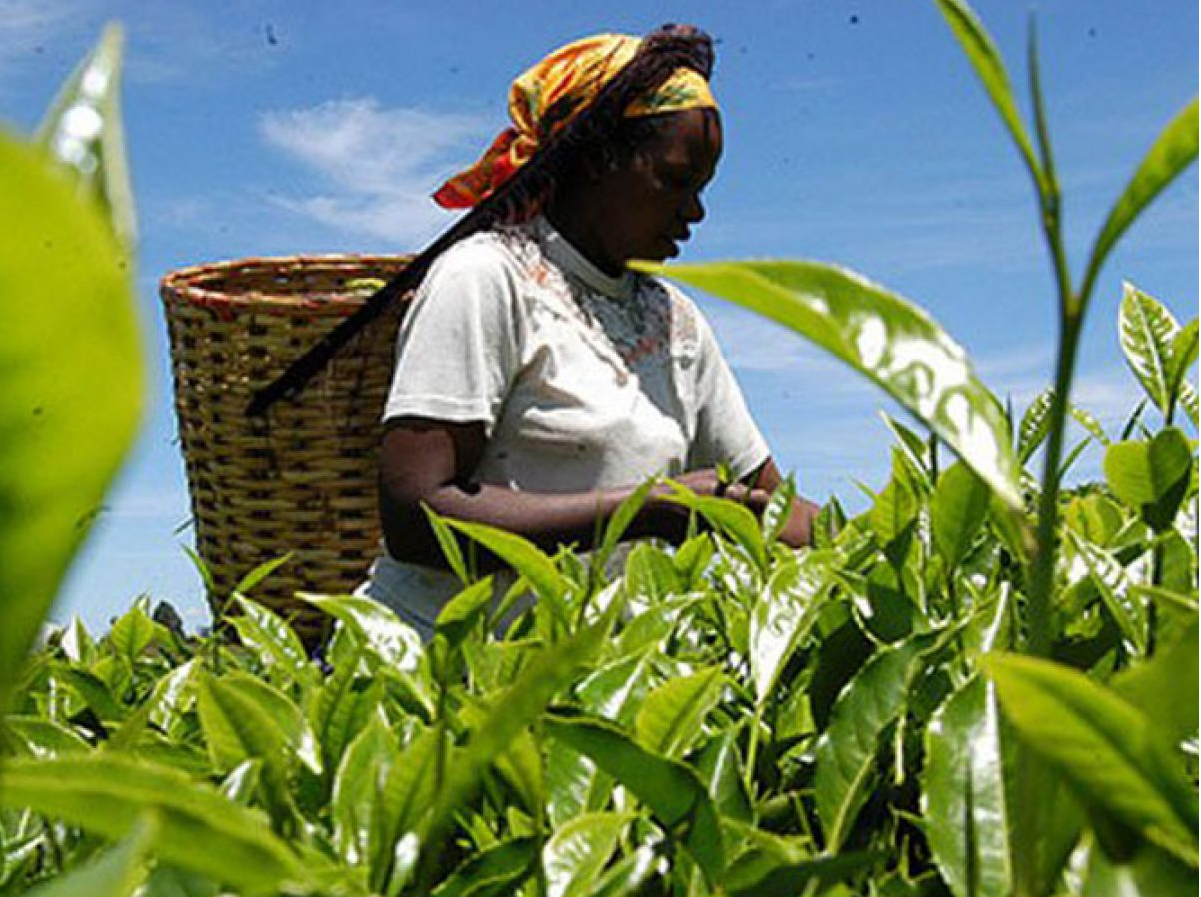At 36 years of age, Philip Muchaba cuts the image of a successful professional in academia. But when he speaks, he sounds more like a man who has lived in the wild all his life.
“I love wild animals,” says Mr Muchaba, the head guide at Olare Mara Kempiski, the premium camp based in the vast Maasai Mara National Reserve. “I am never comfortable in the office. I am more into adventure.”
As a guide, Mr Muchaba takes tourists to this resort through the wild spread over 33,000 acres using Landcruiser vehicles, explaining to them every detail he can muster about animals, birds and even trees and the air.
He has done this to a level where he can take calculated risks like a hyena, act swiftly like a dik dik and stay patient like a vulture when situations demand. You are tempted to imagine Muchaba can tell, for instance, when a zebra is on heat way before the males in the herd.
Olare Mara Kempinski is located in the Olare Motorogi Conservancy in Maasai Mara National Reserve, Africa’s greatest wildlife reserve, offering the ultimate game drive experience. The camp brings tourists closer to their dream of a life time in the countryside spiced with modern African comfort in its 12 tented luxury canvas tents.
Recently, during a media familiarization organized by Olare Mara Kempinski, Muchaba, a man with bovine eyes who talks with a baritone voice, was clearly in his best elements.
“Lions always stay a distance away from the pride especially when there are cabs around,” he told us as a lioness strolled back home to hugs from her cabs after what looked like an unsuccessful hunt. “The lion isn’t a good father, you know. It doesn’t like being disturbed by the young ones and so it stays away relaxing.”
When it comes to hunting lions, code-named as ‘vichwa’ courtesy of their mane that gives them big heads, stay in check and turn up just in time for the meal, then eat to their fill before even the lionesses that killed the prey. “That’s how the idiom lion’s share was coined.” Muchaba adds.
Such is his life, and that of other guides at Olare Mara Kempinski. Almost daily, he explains to tourists the names of various animals and interesting anecdotes about them, some touching on their sexual escapes.
Take the buffalo, for example. “When a bull gets older and dysfunctional both sexually and in defending the heard,” Muchaba says on our second day, “it is kind of excommunicated from the herd. Alone, it wastes away and becomes vulnerable to predators.”
If the buffalo doesn’t meet its fate with hungry lions, it slowly but surely dies from stress and malnutrition, making a taste meal for scavengers.
[ READ ALSO: At Olare Mara Kempinski, its all luxury in the wild ]
From the look of things, being a tour guide is something he thoroughly enjoys. He says he has learnt nearly everything about wildlife including animal behaviour, culture of the local people, vegetation, soils and geology.
“You never get bored here. Animals are always doing something different. It’s a very interesting experience,” he says.
You also need to understand the cultures and histories of tourist source markets to serve them better.
Muchaba recalls a spectacular scene when a zebra managed to rescue its baby from the jaws of a lion – yes, hungry lion, he emphasizes – a rare display of a strong motherly instinct from the bovine.
It’s no easy task being a guide. Muchaba, a father of two, says you need to understand the history of Kenya as tourists “can ask anything”. You also need to understand the cultures and histories of tourist source markets to serve them better.
[ SEE: Working tips on mixing business and pleasure without losing money ]
Training is very critical and Muchaba has certificates from Wildlife Clubs of Kenya and certified by Kenya Professional Safari Guides Association. Currently, he is studying for a degree in wildlife management at Moi University to enhance his understanding of the profession.
Muchaba says the job comes with its own challenges. It’s a jungle, of course, and wild animals occasionally act up and get very hostile and personal. “Animals chase us around, especially the buffalo and elephants,” he says. “During heavy rains it’s a nightmare driving through the cotton soils of the Mara.”
Muchaba, who is perfecting his skills in wildlife photography, says he aims at owning his own tour company. But before that, he is happy to roam the wild and help travelers to get value for their money. “We are station guides here,” he said. “I am longing to be a long distance guide.”
[ NEXT: Blind musician sees clear discrimination from national leaders ]












Leave a comment